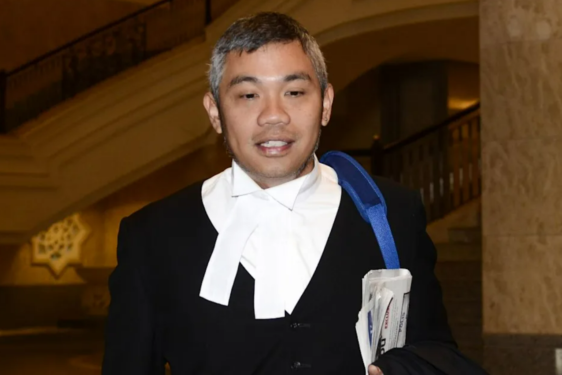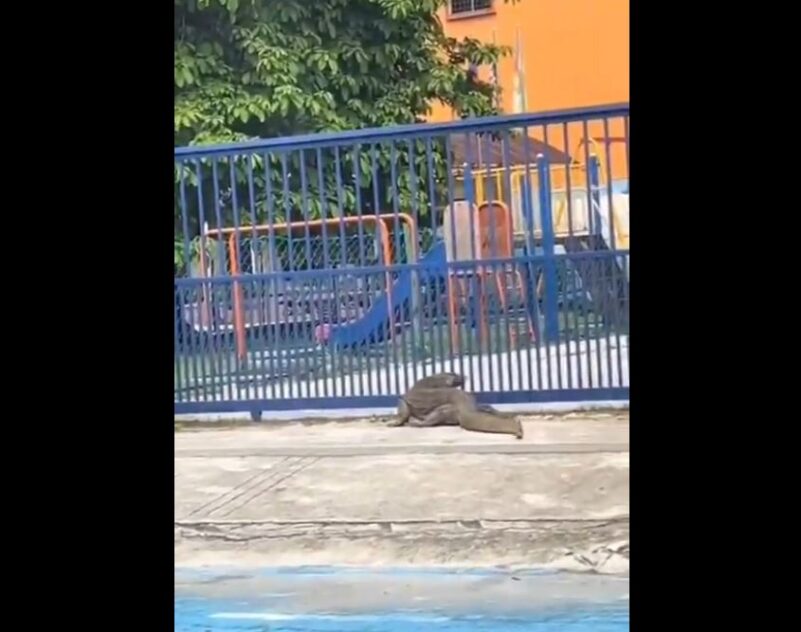THE Tobacco Product and Smoking Bill 2022, which incorporates the Generational End Game (GEG) policy where the sales of tobacco and vape products will be prohibited to anyone born from 2007, needs more in-depth research and engagement with stakeholders, says a lawyer.
According to legal expert Fahri Azzat of Petaling Jaya-based Fahri, Azzat & Co, a poorly drafted Bill is likely to be vulnerable to legal challenges or create legal issues among the stakeholders of the Bill.
“It is also likely to create administrative chaos,” he told FocusM, stressing that the implementation of the bill is hasty and has many weaknesses.
“The Parliamentary Special Select Committee (PSSC) needs more in-depth research. I think this is a good example to question how we go about making our laws and whether we can do it in a better way,” he pointed out.
Fahri further questioned why the Bill is not being circulated to the relevant stakeholders and general public for feedback before tabling it in Parliament.
“Why not do so for six months to a year to get as much feedback as possible? I think our way of making laws is without engaging with the rest of the country.”

Previously, the Dewan Rakyat voted to refer the Bill to the PSSC through a voice vote. This came after Health Minister Khairy Jamaluddin tabled it for second reading and debate at the recent session.
The PSSC is now in the midst of producing a report on its recommended improvements, which is supposed to be shared no later than the start of the next parliamentary sitting scheduled to commence for a 32-day period between Oct 3 (tomorrow) and Nov 29.
When asked about his views on Article 8(1) of the Federal Constitution (that “all persons are equal before the law and entitled to the equal protection of the” law), Fahri said the law nevertheless “allows for discrimination among those who can be reasonably treated differently.”
“For example, children are treated equally because they are underage, young and require a certain degree of protection.
“Therefore, the question is whether we can legitimately discriminate those born before and after a particular year in general?” he argued. “Thankfully, that is a question the courts will ultimately have to decide.”
He added that the issue comes up because folks can instantly see the sense of unfairness and discrimination based on an arbitrarily determined year or age.
Moreover, Fahri said that broad enforcement power will always be open to abuse.
“The question is whether systemic abuse or random or infrequent ones,” he concluded. – Oct 2, 2022
Main photo credit: Malay Mail









